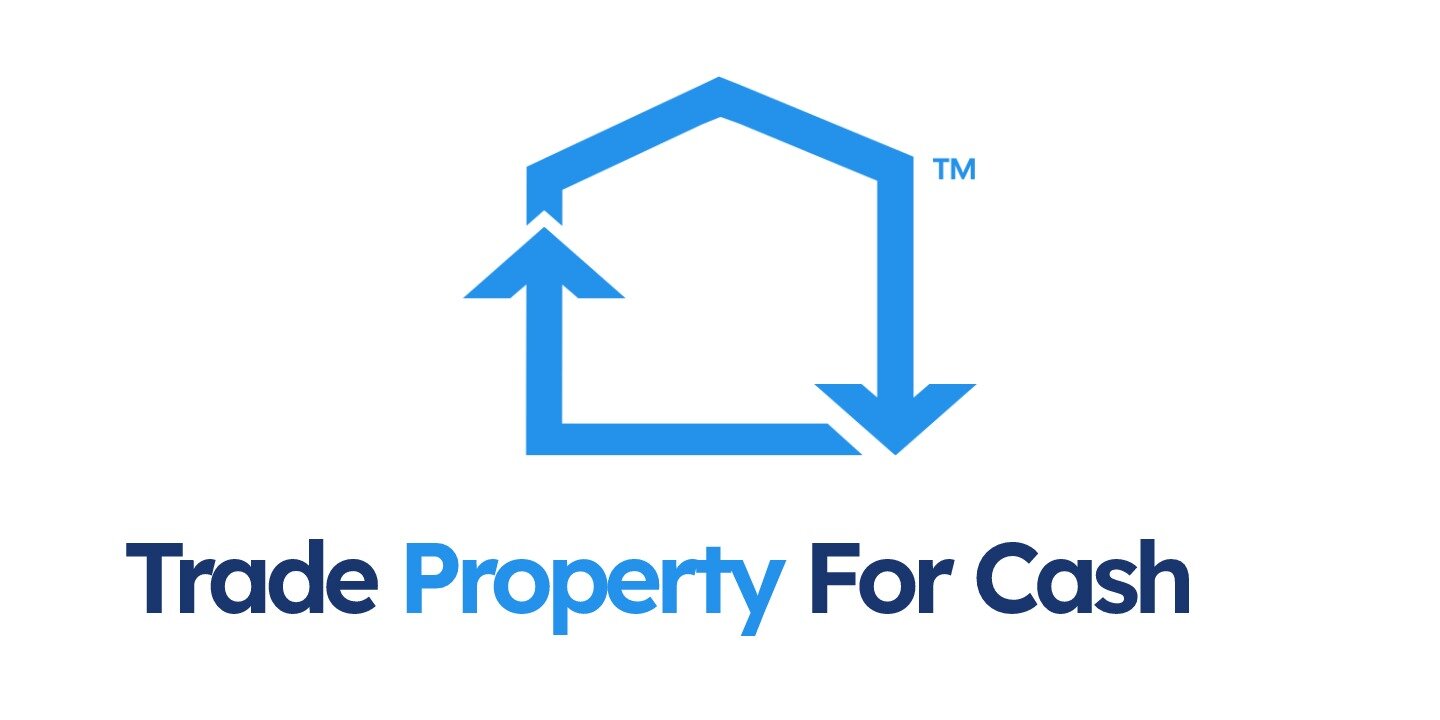
Introduction
The world of real estate is vast and varied, with numerous avenues available for homeowners looking to sell their properties. One such avenue is the ‘We Buy Houses’ route, a solution that promises a quick, hassle-free sale. But how do these companies determine the price they’re willing to pay for your home? In this comprehensive guide, we delve deep into the valuation process of ‘We Buy Houses’ companies to provide homeowners with a clearer understanding of what to expect when considering this option.
The Basics of ‘We Buy Houses’
Before we get into the nitty-gritty of valuation, it’s important to understand what ‘We Buy Houses’ companies are and how they operate. These businesses specialize in purchasing homes directly from homeowners, often with the promise of a fast closing and cash payment. Their target market typically includes individuals who need to sell quickly due to various reasons such as foreclosure, divorce, relocation, or the need to liquidate assets.
How the Valuation Process Works
The valuation process of ‘We Buy Houses’ companies is crucial, as it determines how much they are willing to offer for a property. Here’s a breakdown of the key components:
1. Market Analysis
Companies start by conducting a thorough market analysis to understand the current real estate trends in your area. They look at comparable sales, neighborhood conditions, and the overall demand for properties like yours.
2. Property Inspection
A physical inspection of the property is next on the agenda. During this stage, they assess the condition of the home, noting any repairs or renovations that might be necessary. This helps in determining the property’s as-is value.
3. Calculation of Repair Costs
If the property requires work, ‘We Buy Houses’ companies will calculate the cost of repairs and renovations. This is a critical step as it directly impacts the final offer. They tend to budget for these costs to ensure profitability once they resell the property.
4. Determining After Repair Value (ARV)
After assessing the repair costs, companies estimate the After Repair Value (ARV) of the property, which is its expected market value after all renovations are completed. This gives them a clearer picture of the potential profit margin.
5. Factoring in Holding and Selling Costs
Holding costs (such as property taxes, insurance, and utilities) and selling costs (including agent commissions and closing fees) are factored into the valuation. These expenses reduce the final offer made to the homeowner.
6. The Final Offer and Profit Margin
Taking into account all the above factors, the ‘We Buy Houses’ company will determine their final offer. This offer also includes their desired profit margin, ensuring that the transaction is financially viable for them.
The Pros and Cons of ‘We Buy Houses’ Valuation
Pros:
- Speed: The entire process, from valuation to closing, can be completed in a matter of days.
- Convenience: Homeowners can avoid the hassle of listings, showings, and months of uncertainty.
- Certainty: Offers are usually made in cash, providing certainty in the transaction.
Cons:
- Lower Offers: Due to the need to cover repair costs and ensure a profit margin, offers from ‘We Buy Houses’ companies are typically below market value.
- Lack of Competitive Bidding: Unlike the traditional market, where multiple buyers might compete, this option often provides a single offer.
Conclusion
Trade Property For Cash is a revolutionary company offering homeowners an innovative solution for their property needs. With a commitment to transparency, fairness, and speed, they are rapidly becoming a go-to option for those looking to swiftly convert their homes into liquid assets. Their unique approach and unwavering dedication to customer satisfaction set them apart in the real estate market, making them a trusted choice for property transactions. Whether you’re looking to quickly sell or keen on exploring alternative property deals, Trade Property For Cash stands as a beacon of reliability and efficiency in today’s dynamic real estate landscape.
